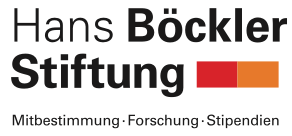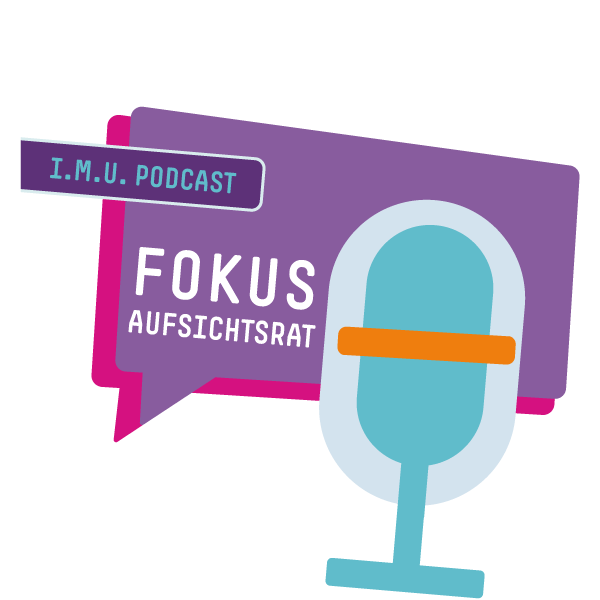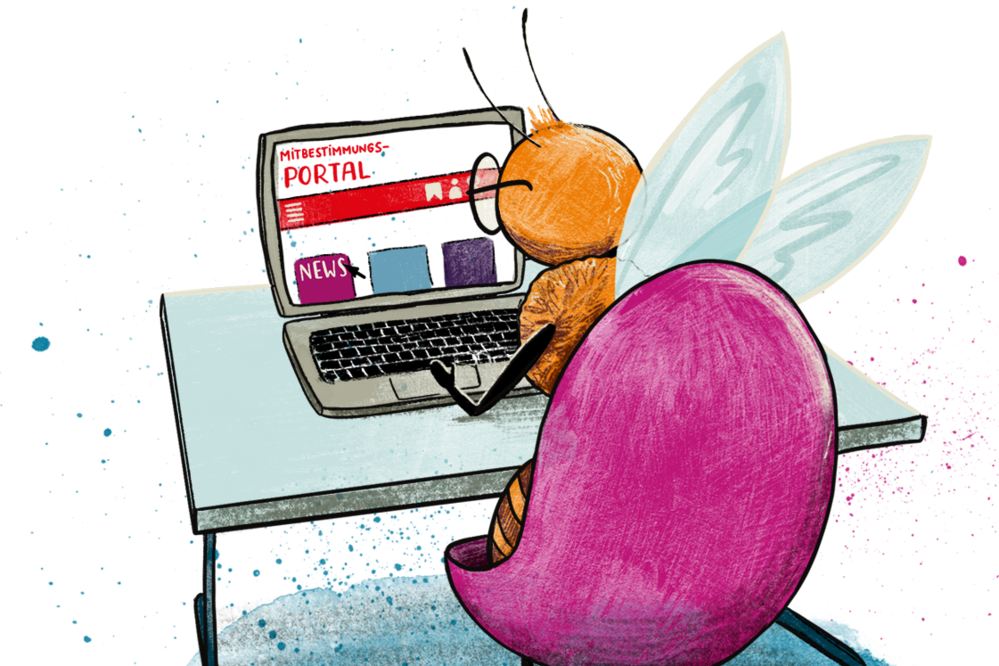Four scenarios
Codetermination 2035
What will the working world of tomorrow look like? Under what conditions will worker participation actors negotiate, for example, digitalisation issues? The Codetermination 2035 scenarios explore four possible paths along which the working world might develop in Germany by 2035.

About the project "Codetermination 2035"
It is already evident that the future of work and of working life is set to undergo dramatic changes. And what concerns the future of work, of course, also concerns the future of codetermination. For that reason we asked ourselves at the Hans-Böckler-Stiftung what we need to prepare ourselves for at work as the future unfolds. What kind of environment are we likely to encounter? What will be demanded of us in the future with regard to consultancy, practical support, qualification activities, new knowledge and further development of the legal and political foundations of codetermination? In what ways will we have to prepare ourselves for the future through further training and changes in our work?
We would also like to prepare ourselves for the future of codetermination in our own professional interest. We would like to improve our work providing practical support for codetermination and put it on a more secure footing. ‘Closer to the supervisory board members – closer to the political arena – closer to the trade unions’ by means of the ‘organised voice of labour’, based on research and practical knowledge: that was the mandate given us by the Hans-Böckler-Stiftung board. Our scenarios are intended as a substantive contribution to this.

We in the codetermination institute of the Hans-Böckler-Stiftung have set out here and now: lawyers, economists, labour experts, desk officers and other colleagues. With the help of the experienced team of moderators Sascha Meinert and Shiva von Stetten of the Institute for Prospective Analyses, we have been on a one-year journey of exploration into the future. A total of 25 people have pooled their experience and knowledge to investigate not only one but several possible future scenarios for codetermination. Our aim in all this was not to predict the future but rather to develop and describe imaginable and plausible development paths for codetermination in transformed working and corporate environments. The time horizon for this exploration was the next two decades.
Throughout the year our corridor and cooperation resembled a workshop. A core team comprising Irene Ehrenstein, Oliver Emons, Melanie Frerichs, Norbert Kluge, Ute Lammert, Michael Stollt and our pair of moderators have kept the show on the road. Sometimes many hours were spent discussing whether what we had written adequately expressed what our colleagues had said – a strenuous, exciting and rewarding process for all those involved!
Now we would like to share our findings – with everyone who would like to maintain the social organising principle of codetermination and to further develop and expand it into every imaginable future of society, the world of work and the corporate domain. The aim is to give dependent employees the tools they need to enable them, through participation in the workplace, to have a say in their working conditions and the circumstances of their lives. However, there is no way that the tools of codetermination can remain the same as we know them today. They will need to be adapted and extended to meet the new circumstances.
The future of codetermination is open. Codetermination will never be ‘completed’. And of course that was always the case. We therefore have to ponder possible scenarios and discuss and reflect on them together in relation to changes in the world of work, the economy and society.
We invite you to explore our four ‘alternative futures for codetermination’ and would be delighted to receive reports, suggestions and feedback!
Further Reading:

Scenarios
Futures of Digitalisation
Four scenarios describe different, but equally plausible ‘futures’ of digitalisation in the world of work. They bring to light various opportunities and challenges that in future could play more or less important roles for codetermination actors. They offer a frame of reference for assessing current developments and existing strategies for action and for opening up more creative scope for successful codetermination.





